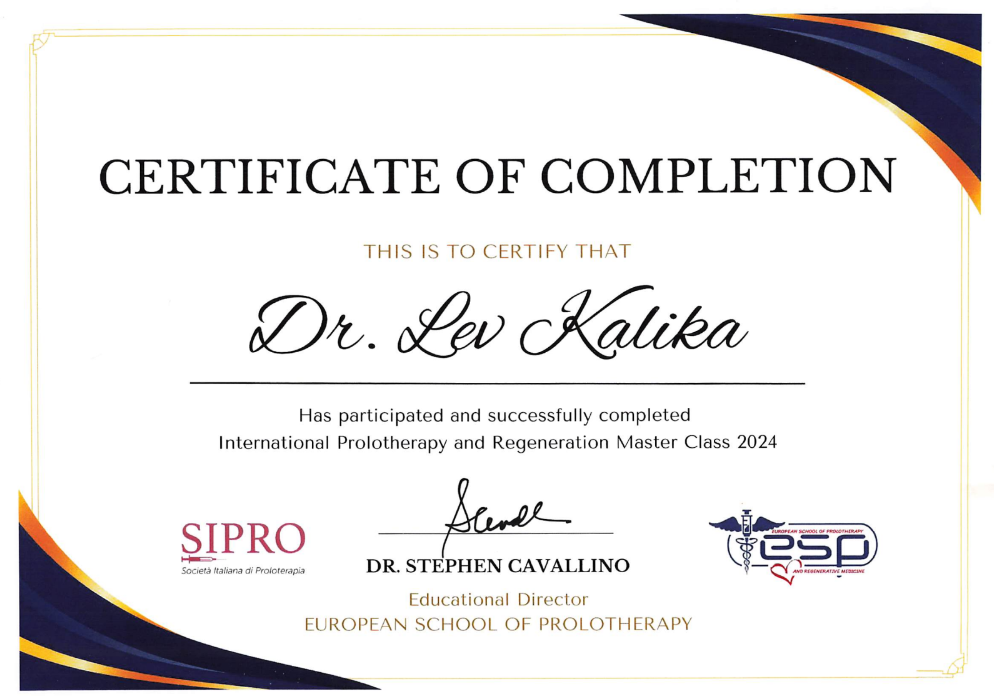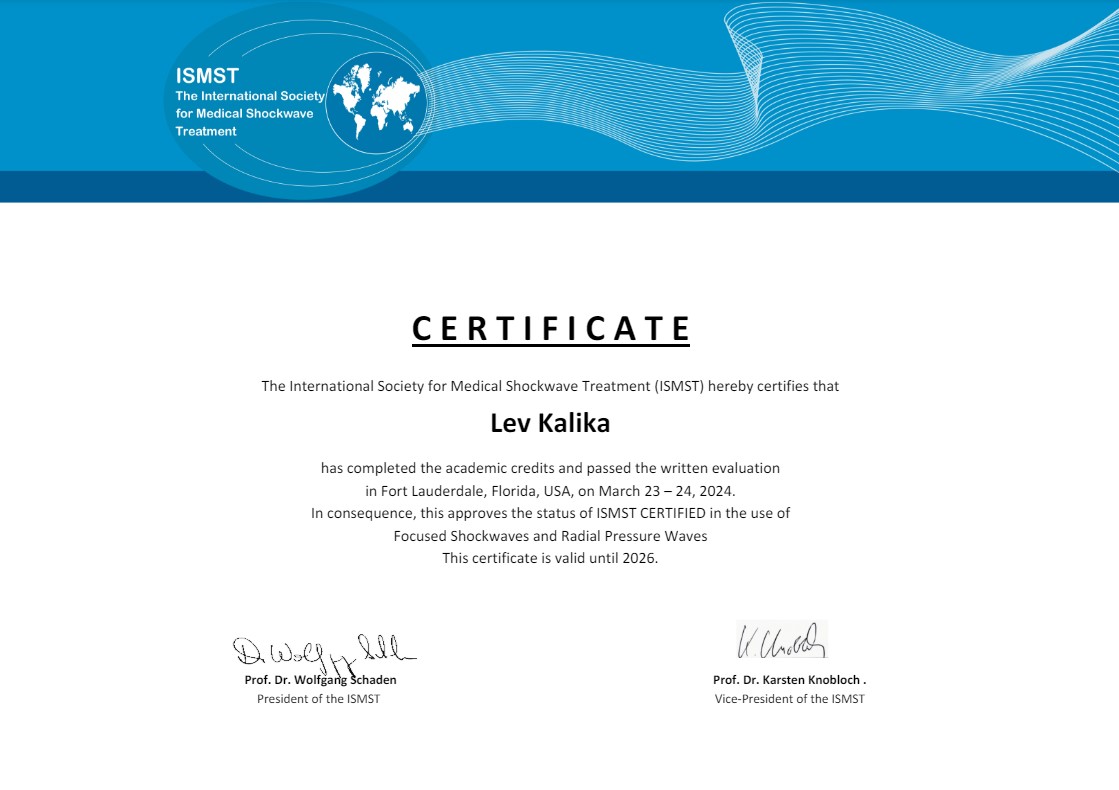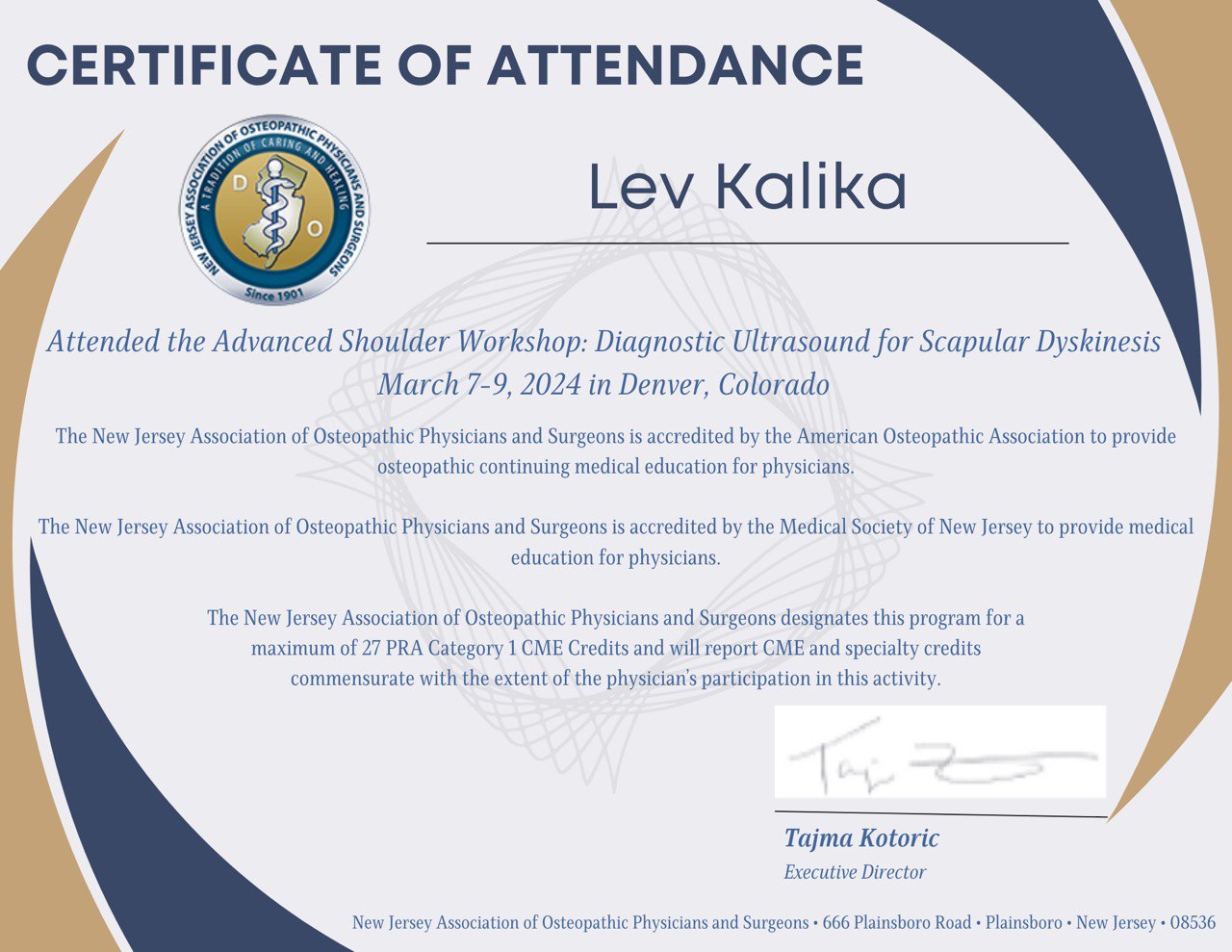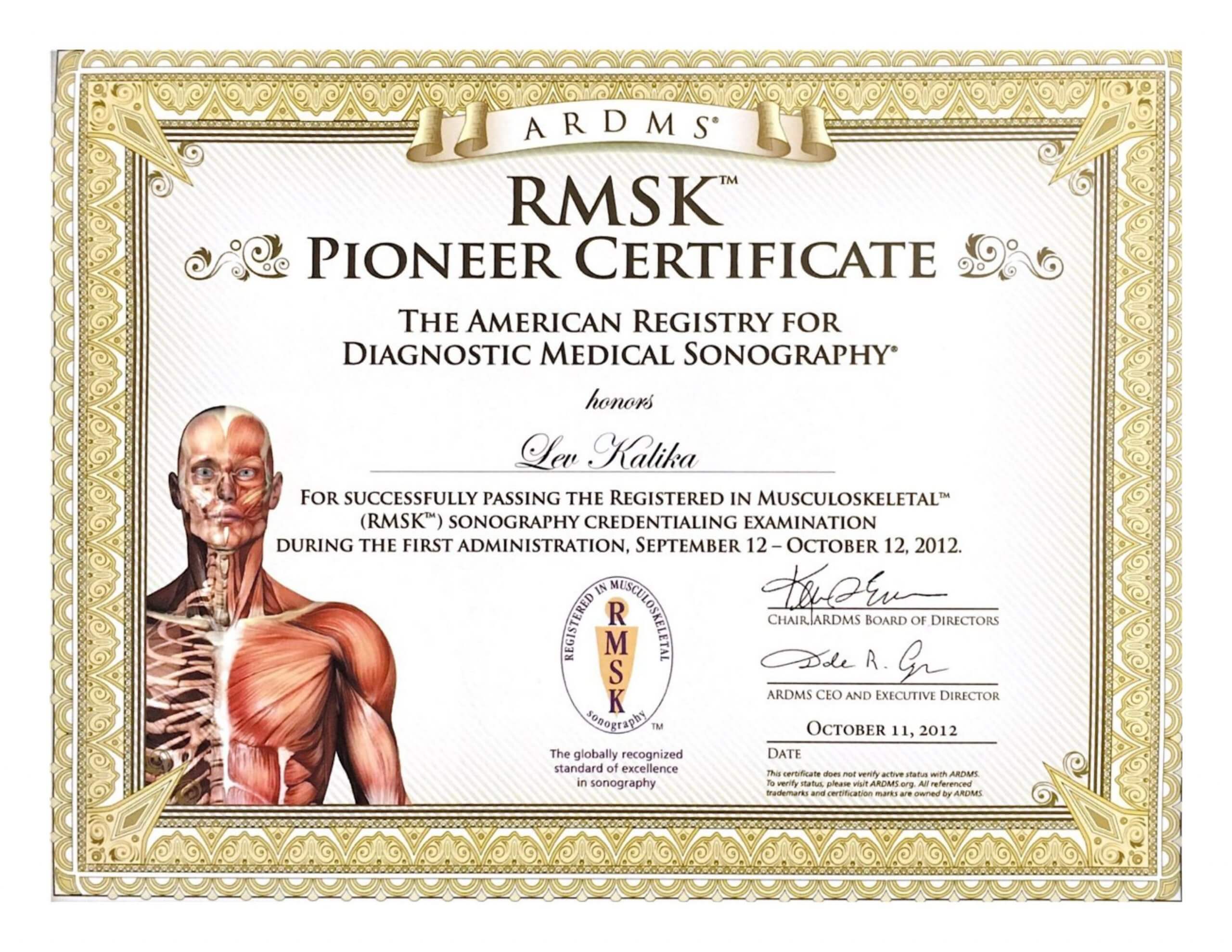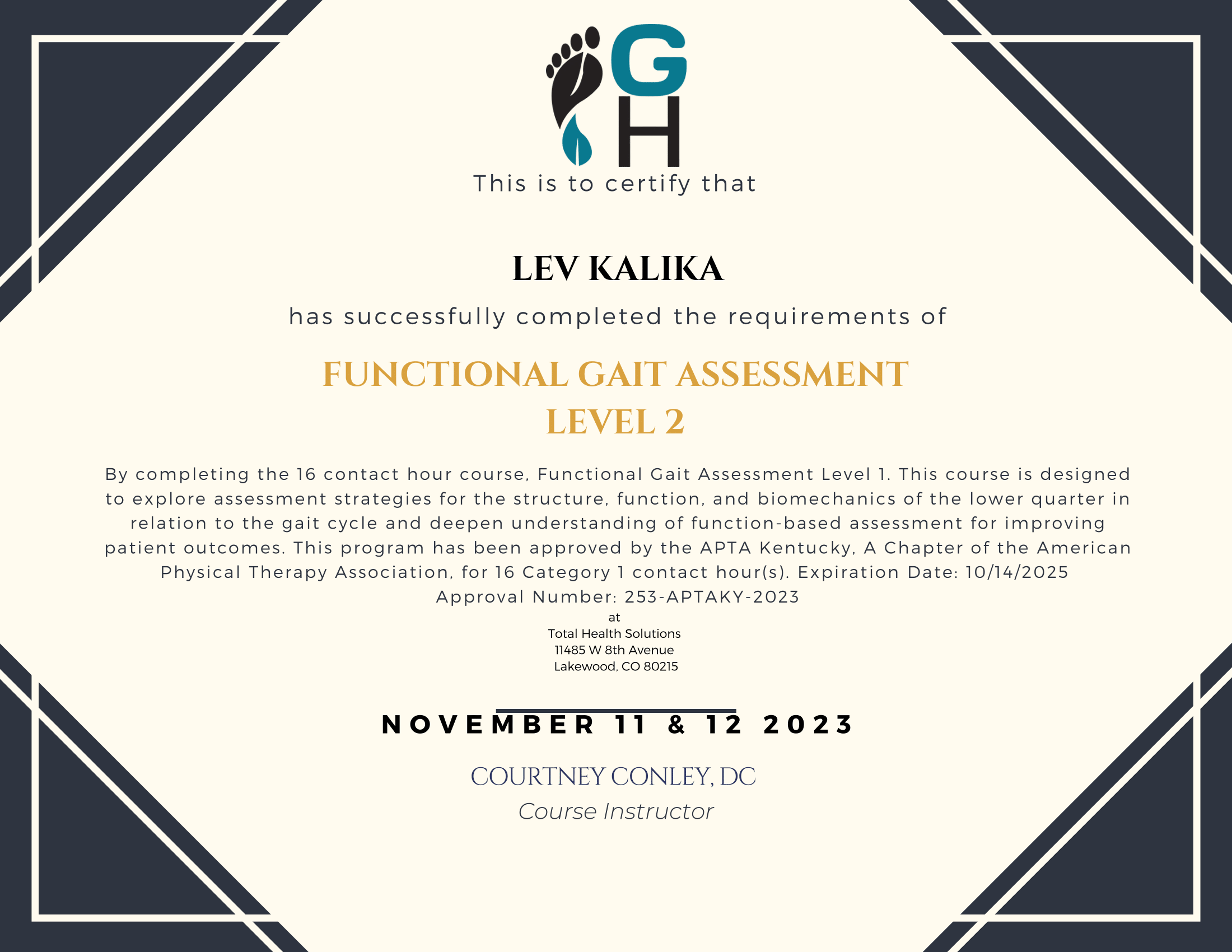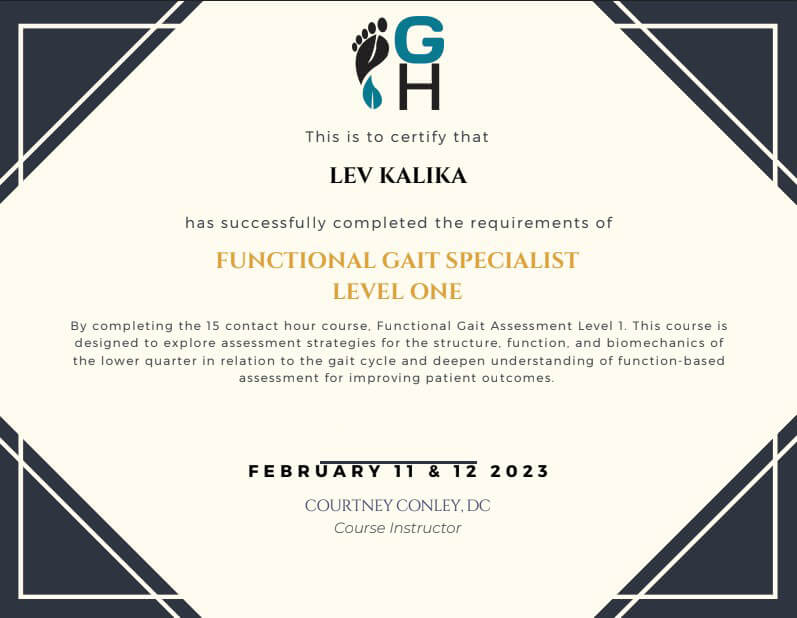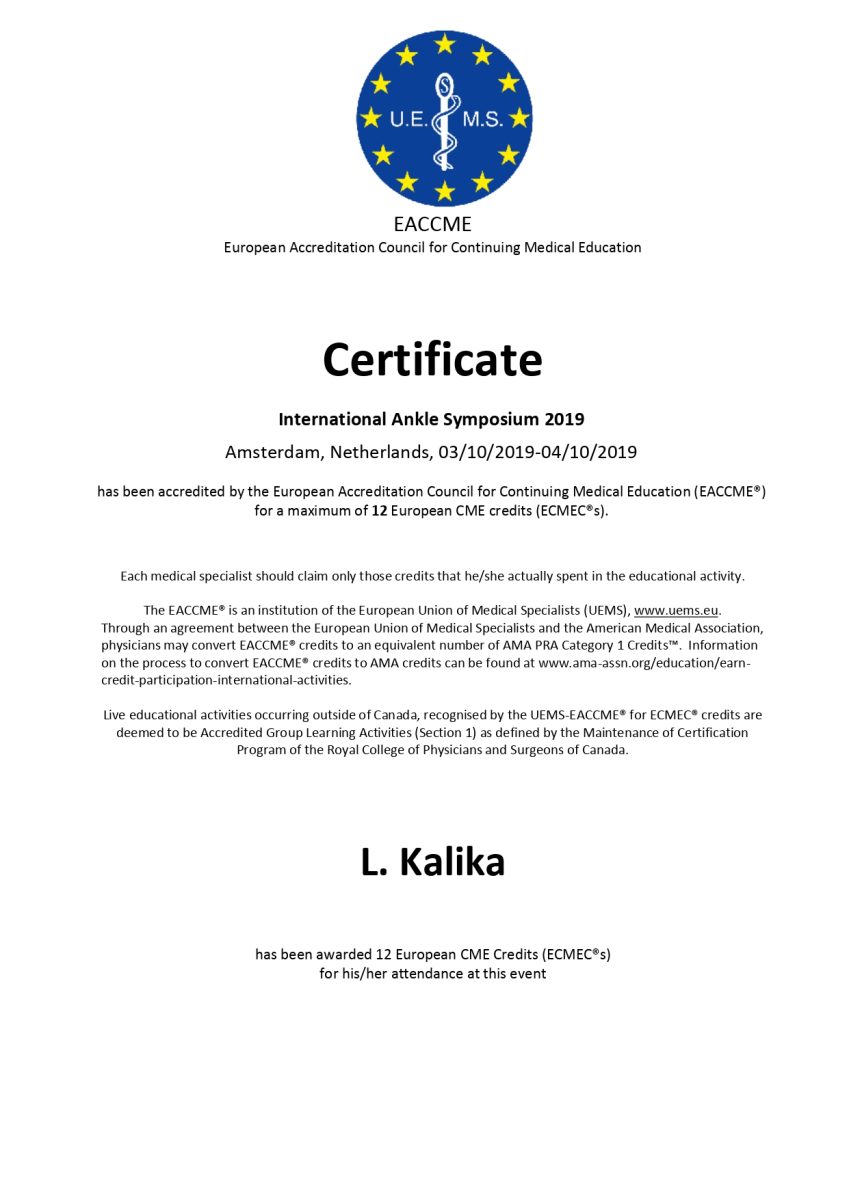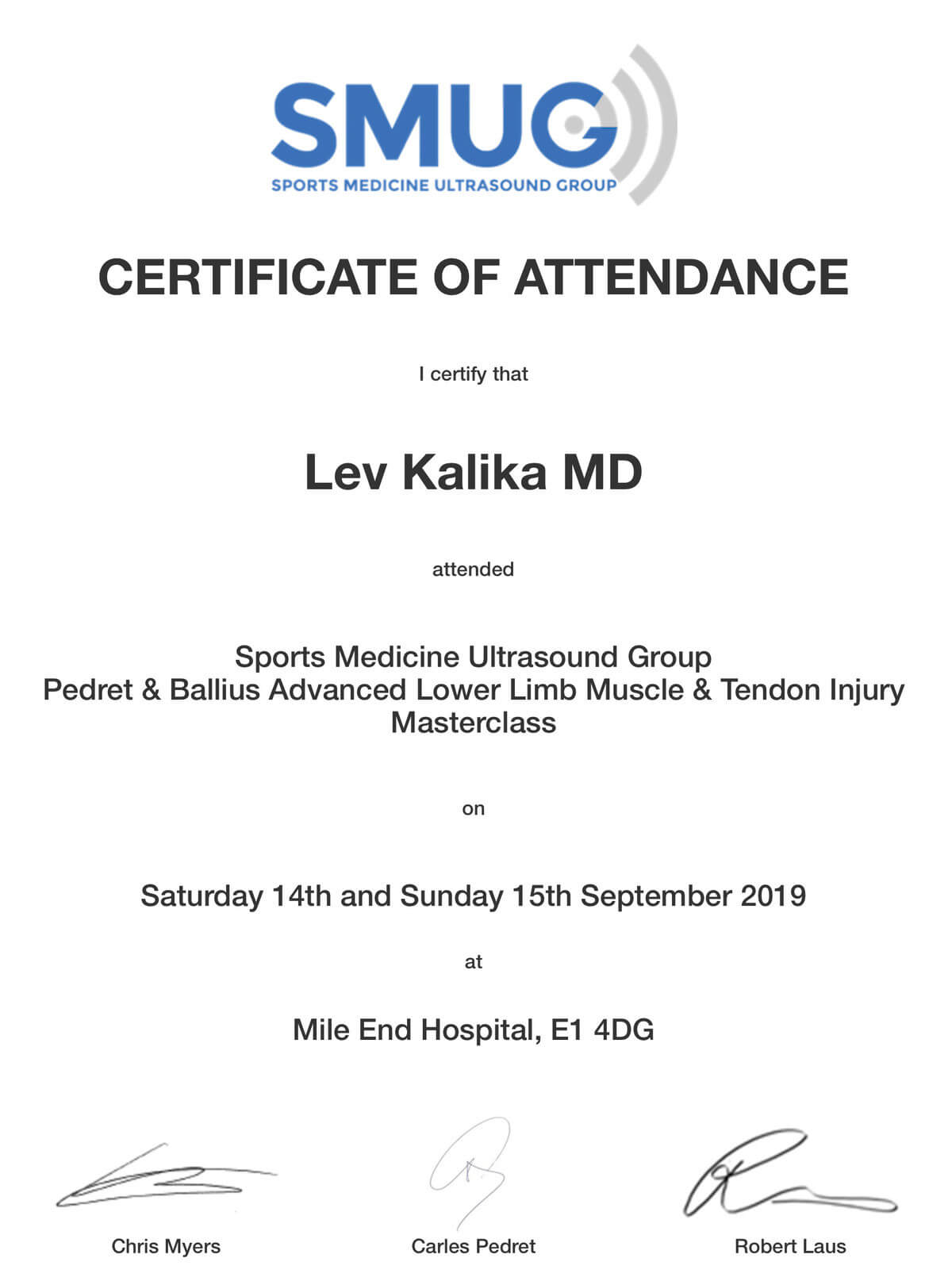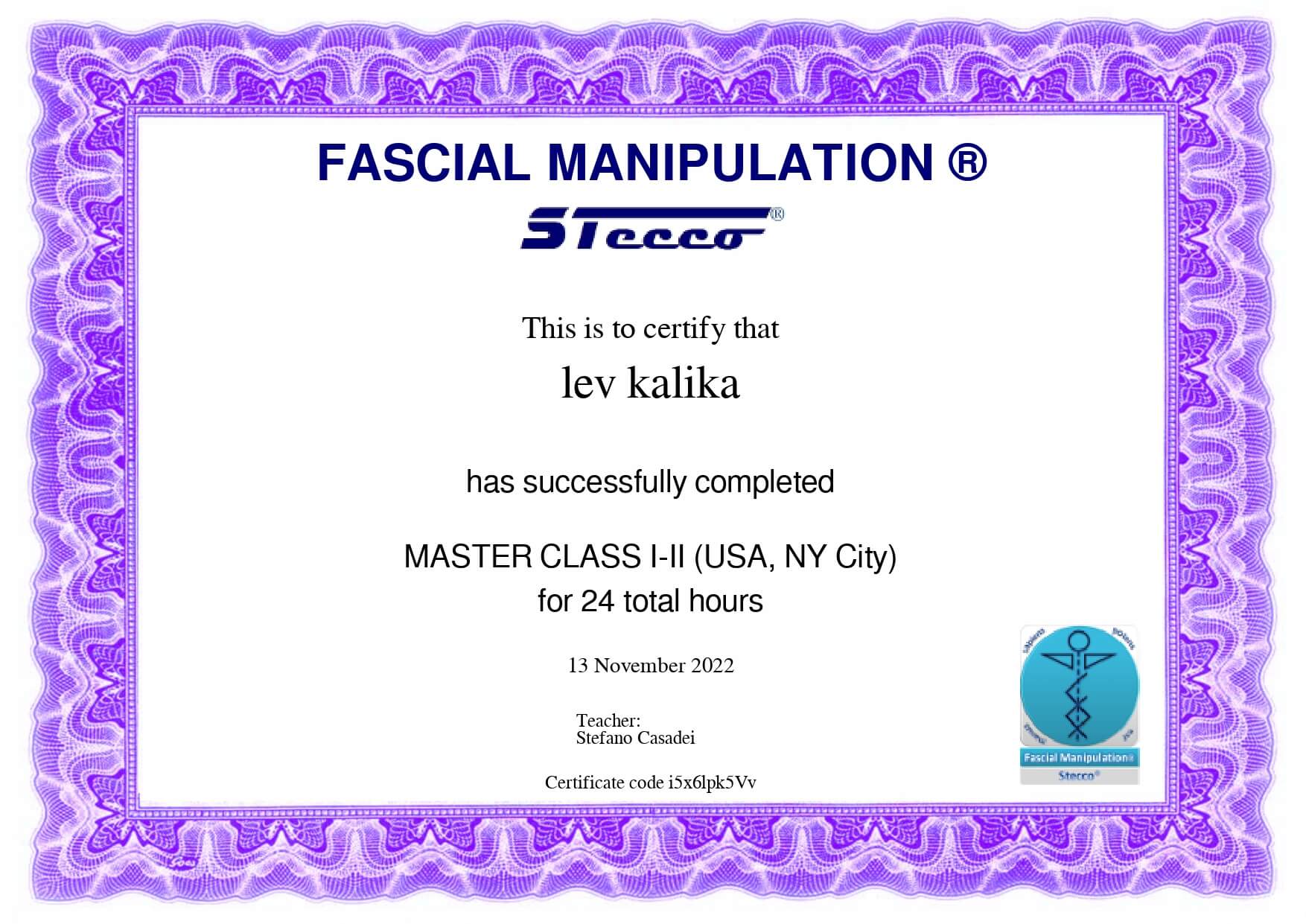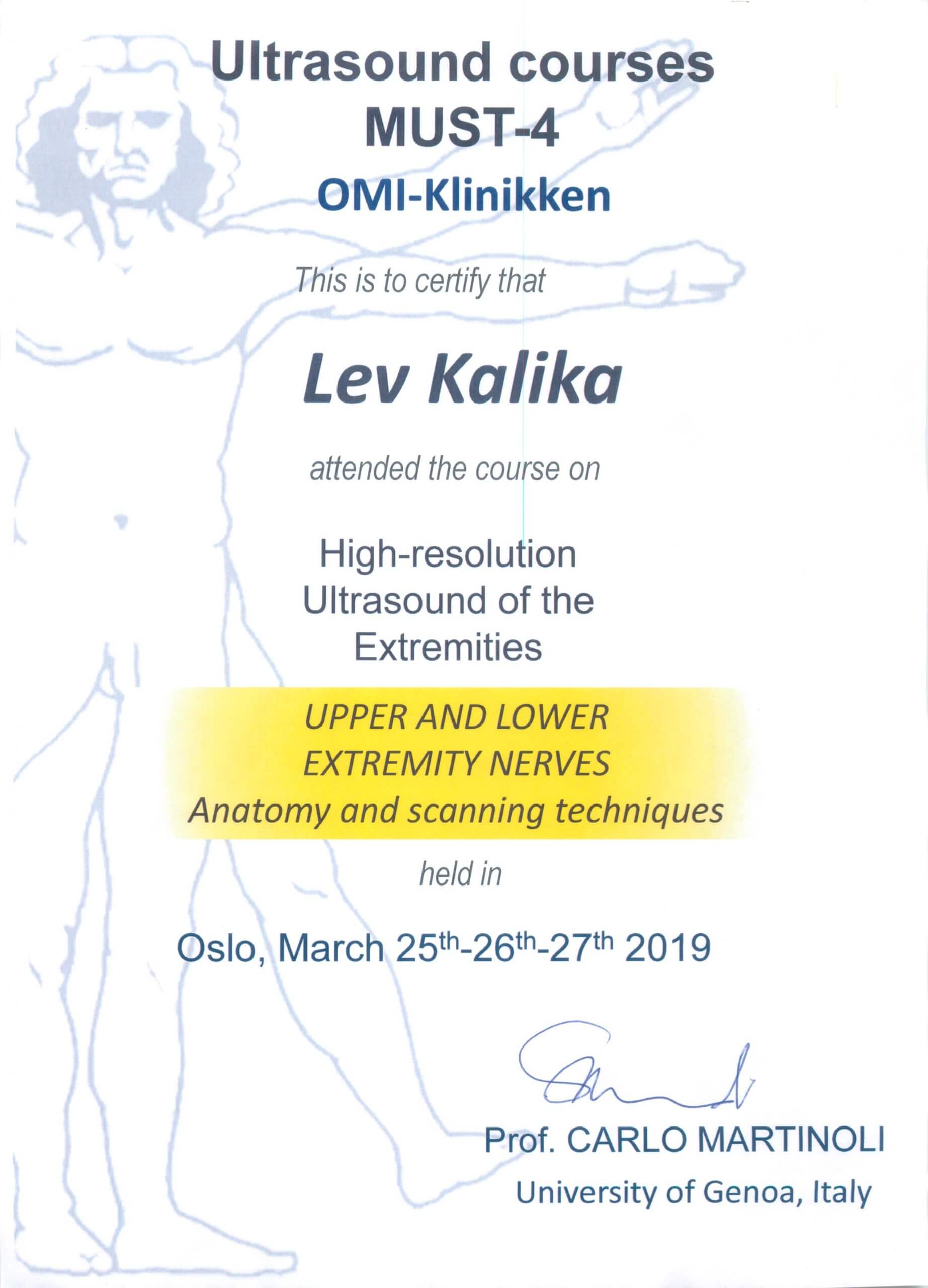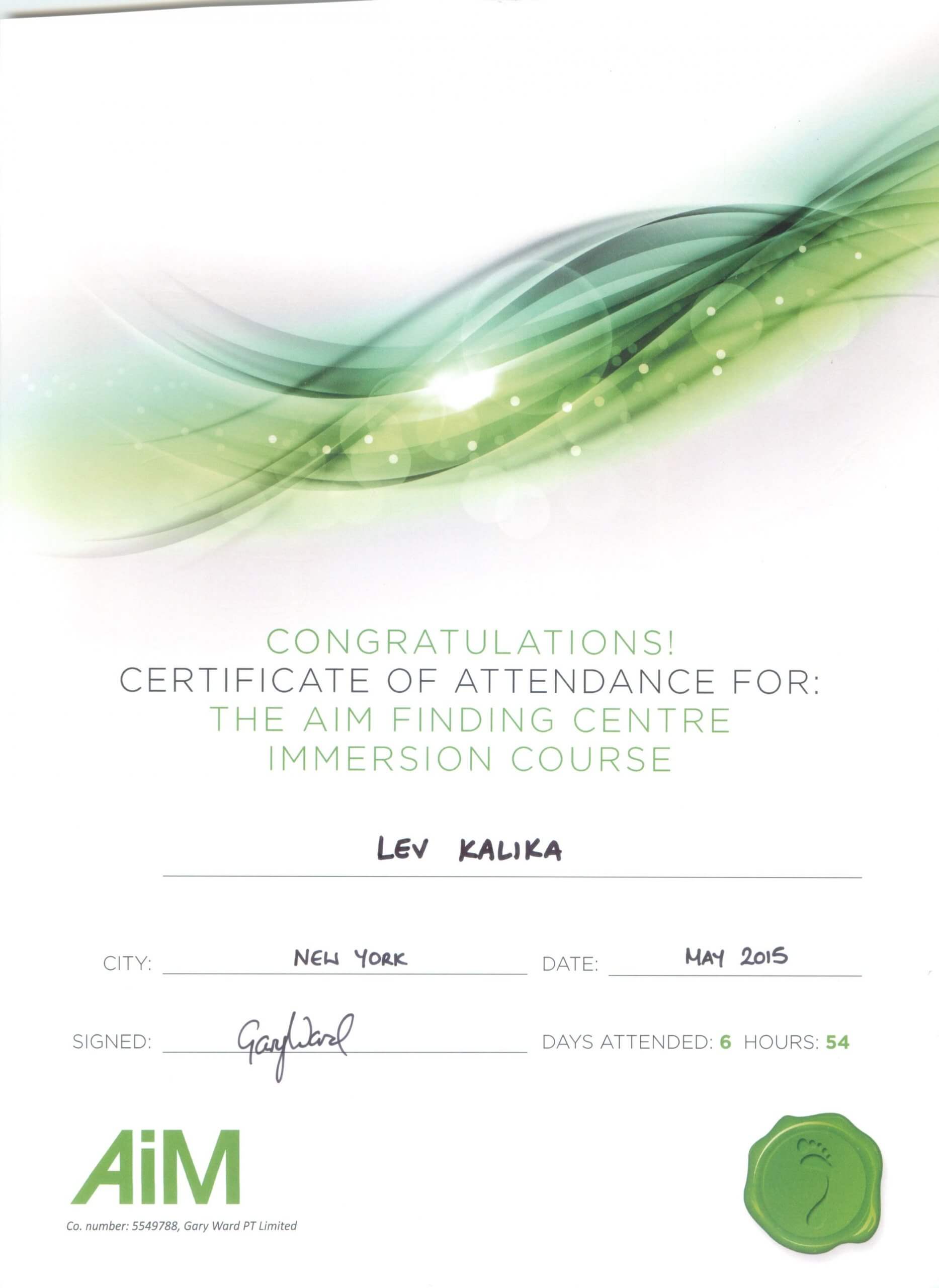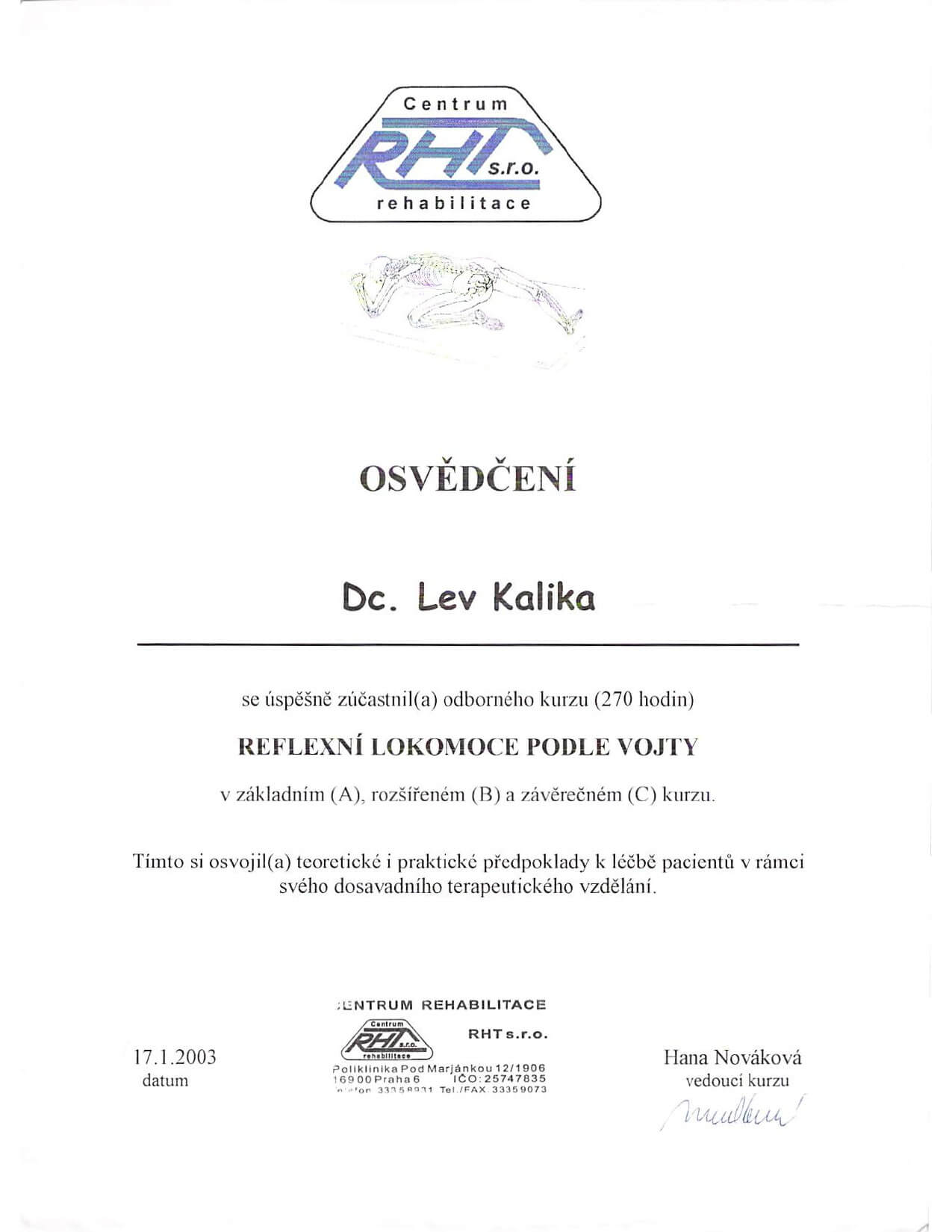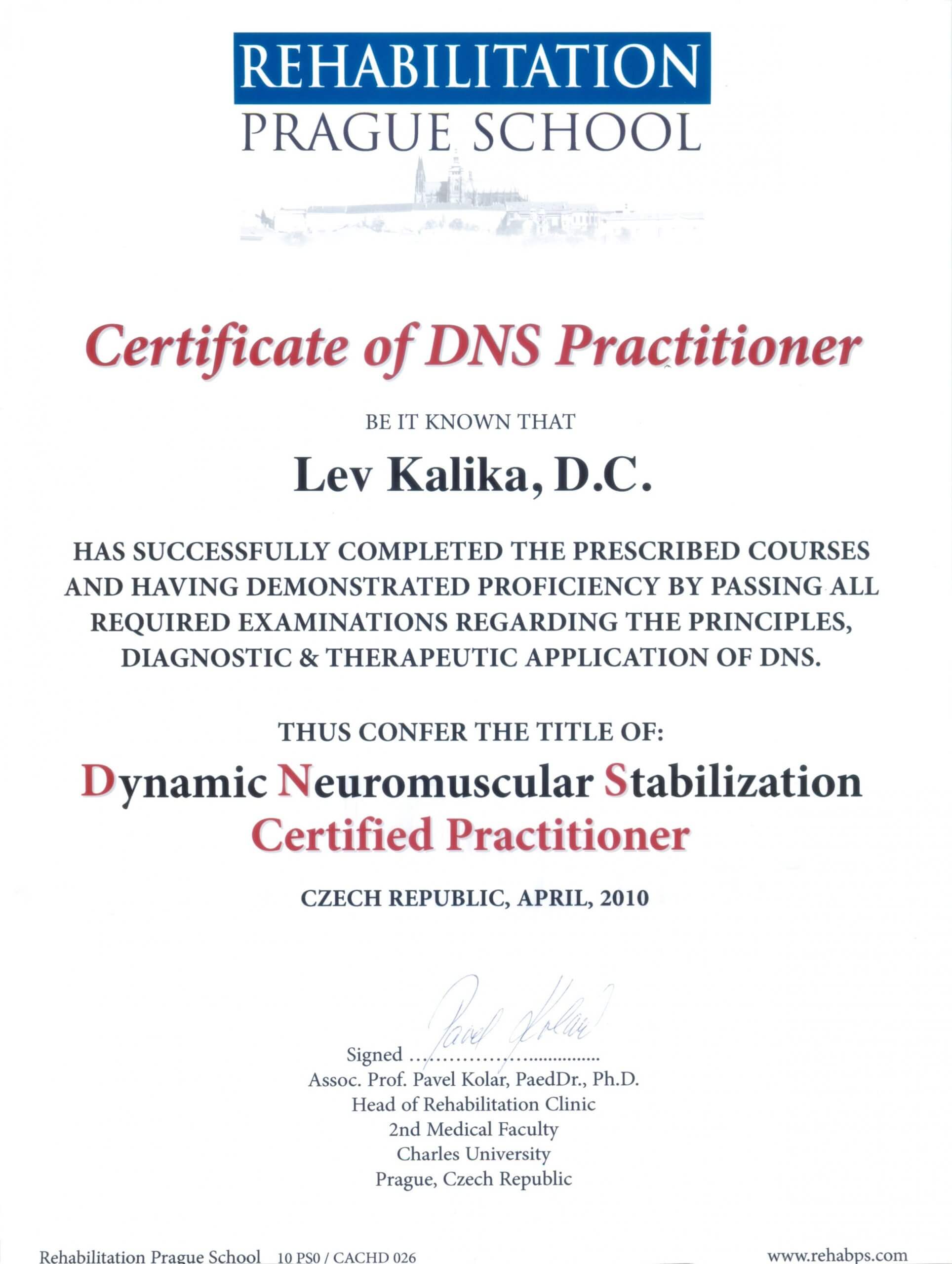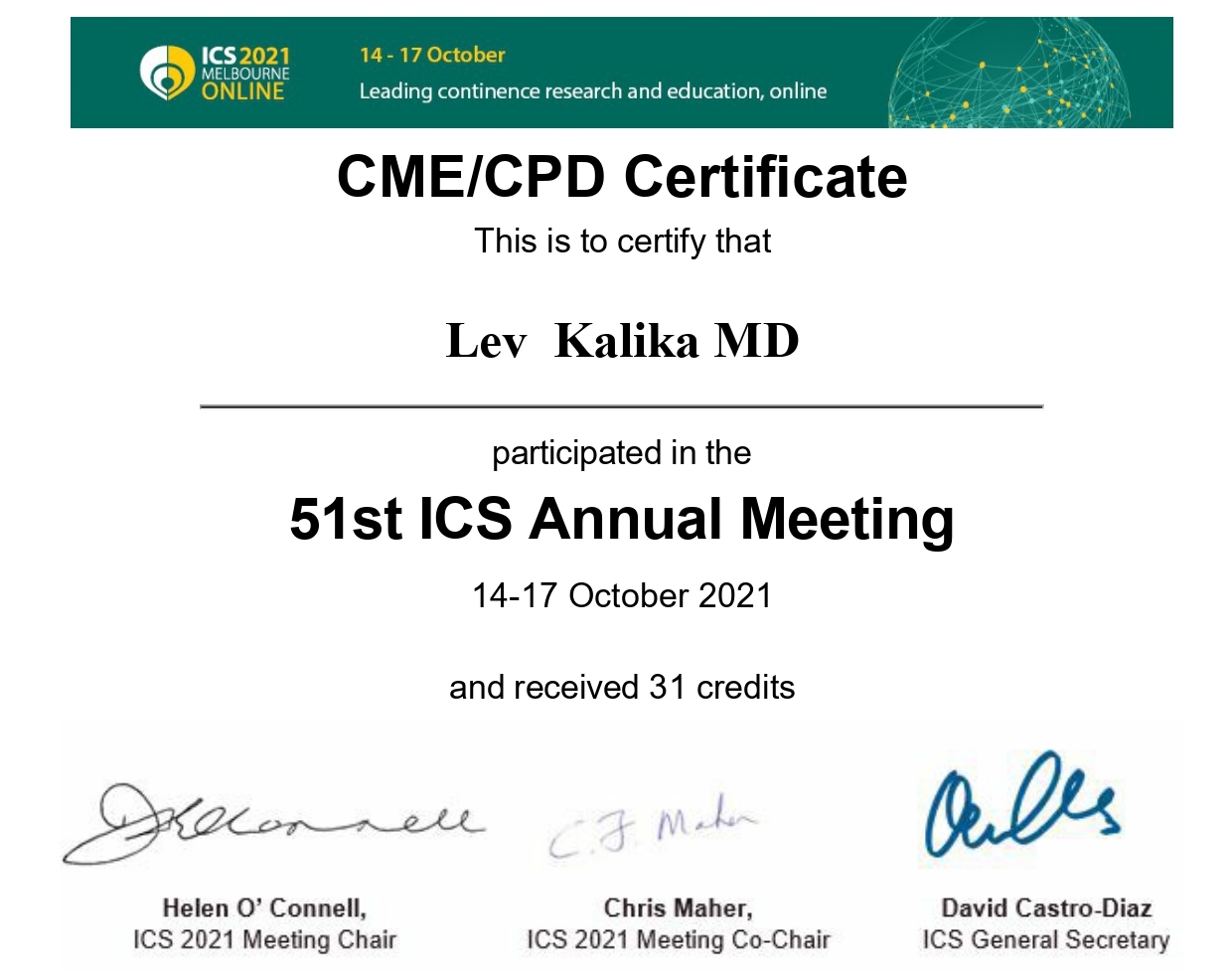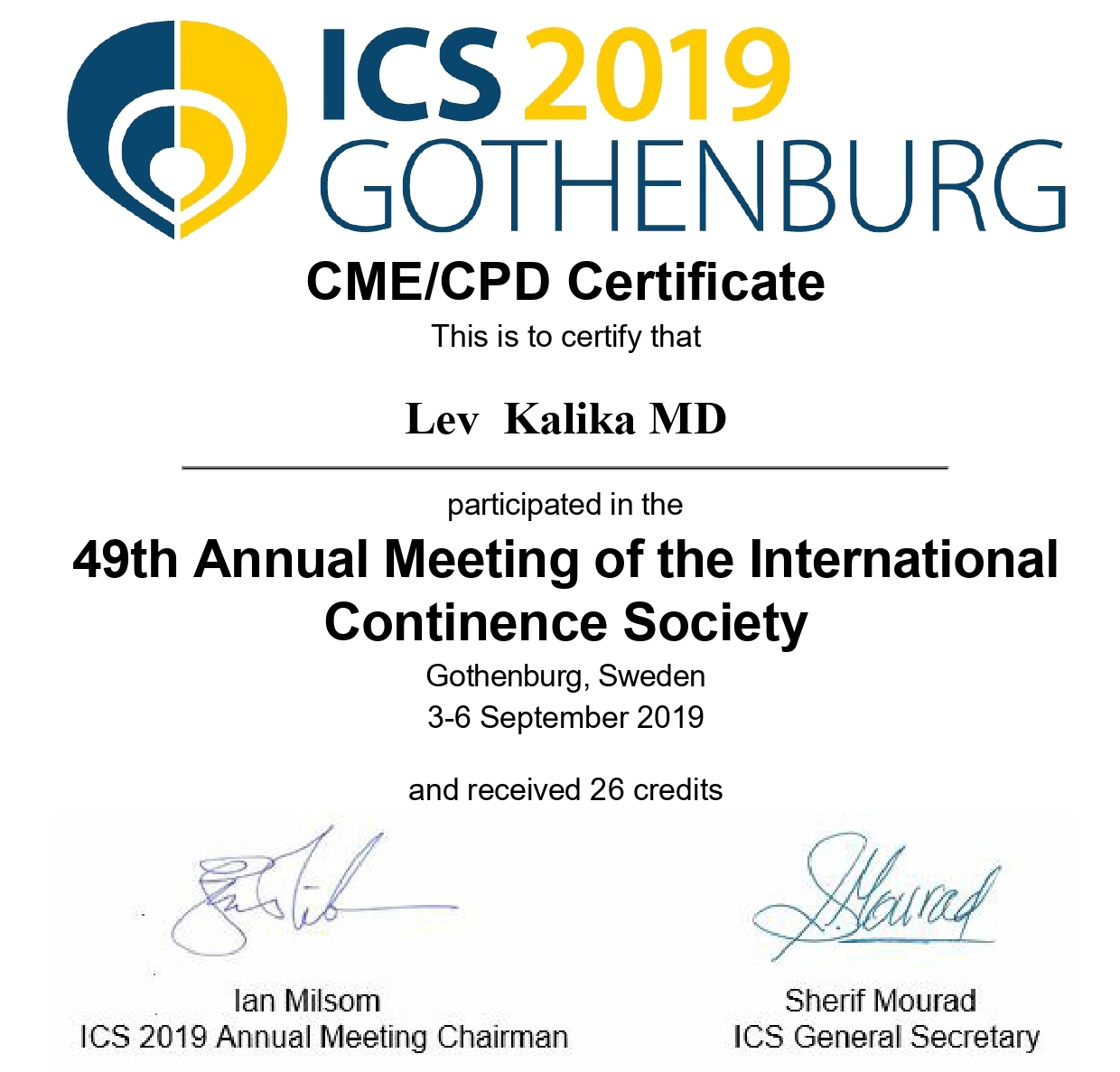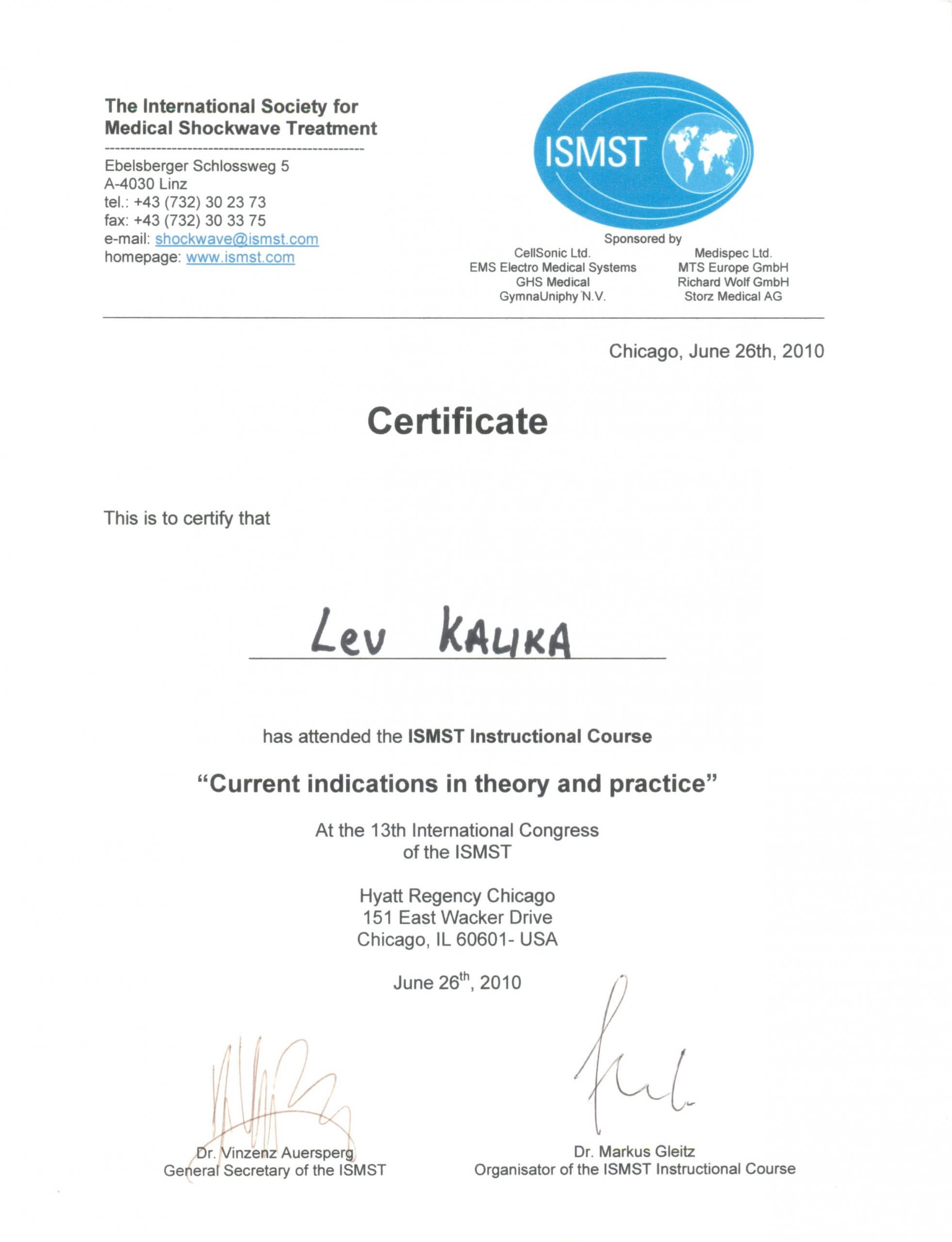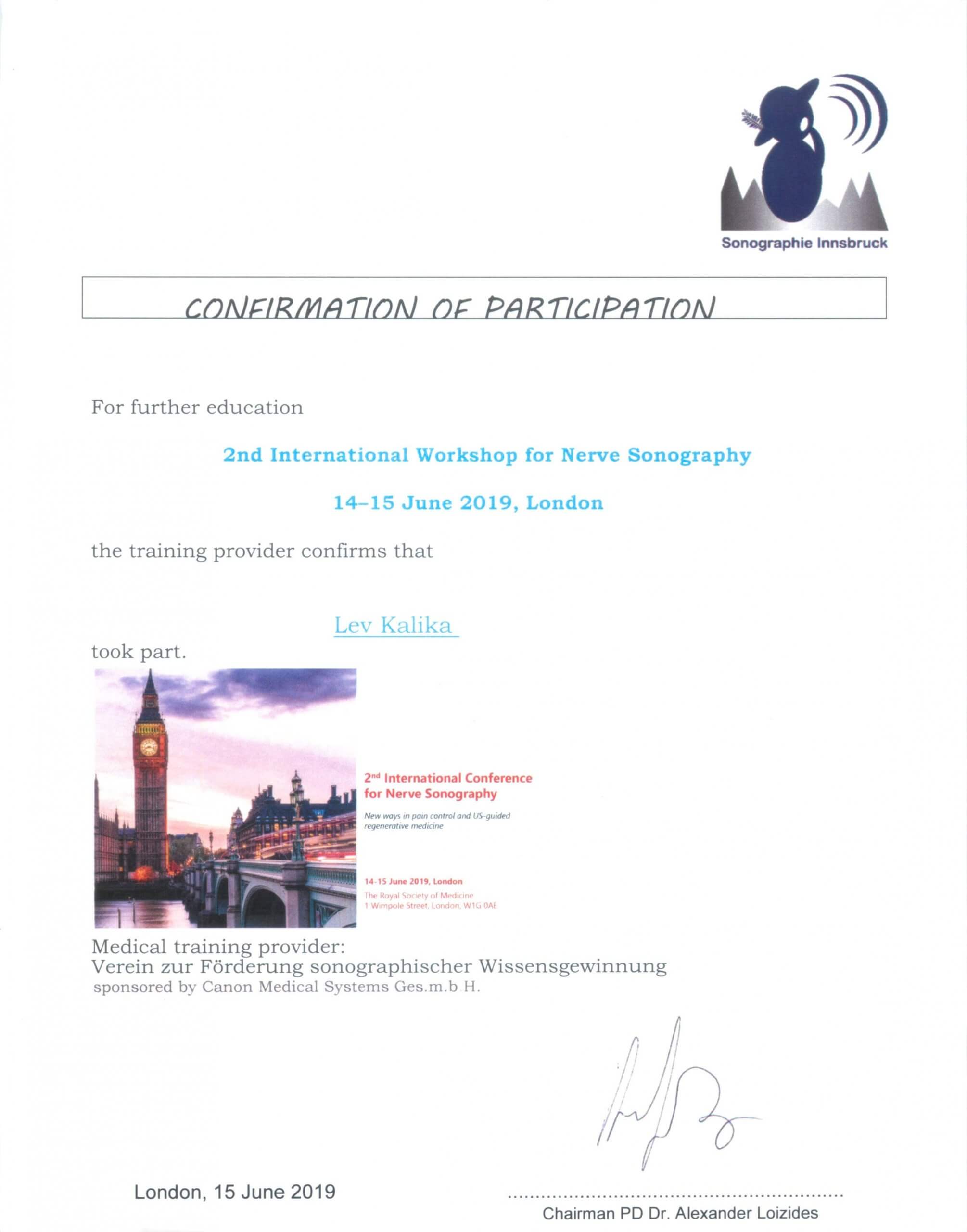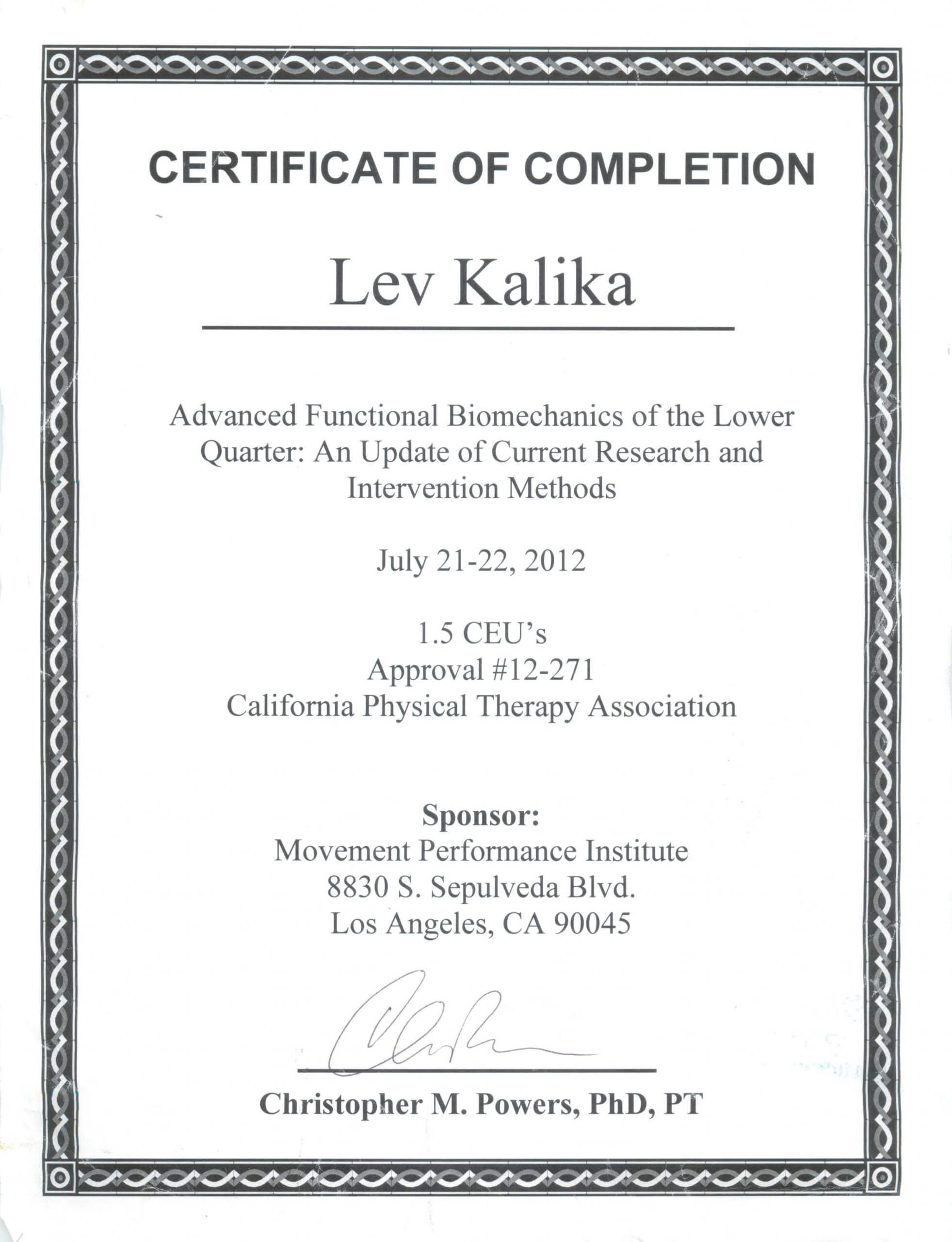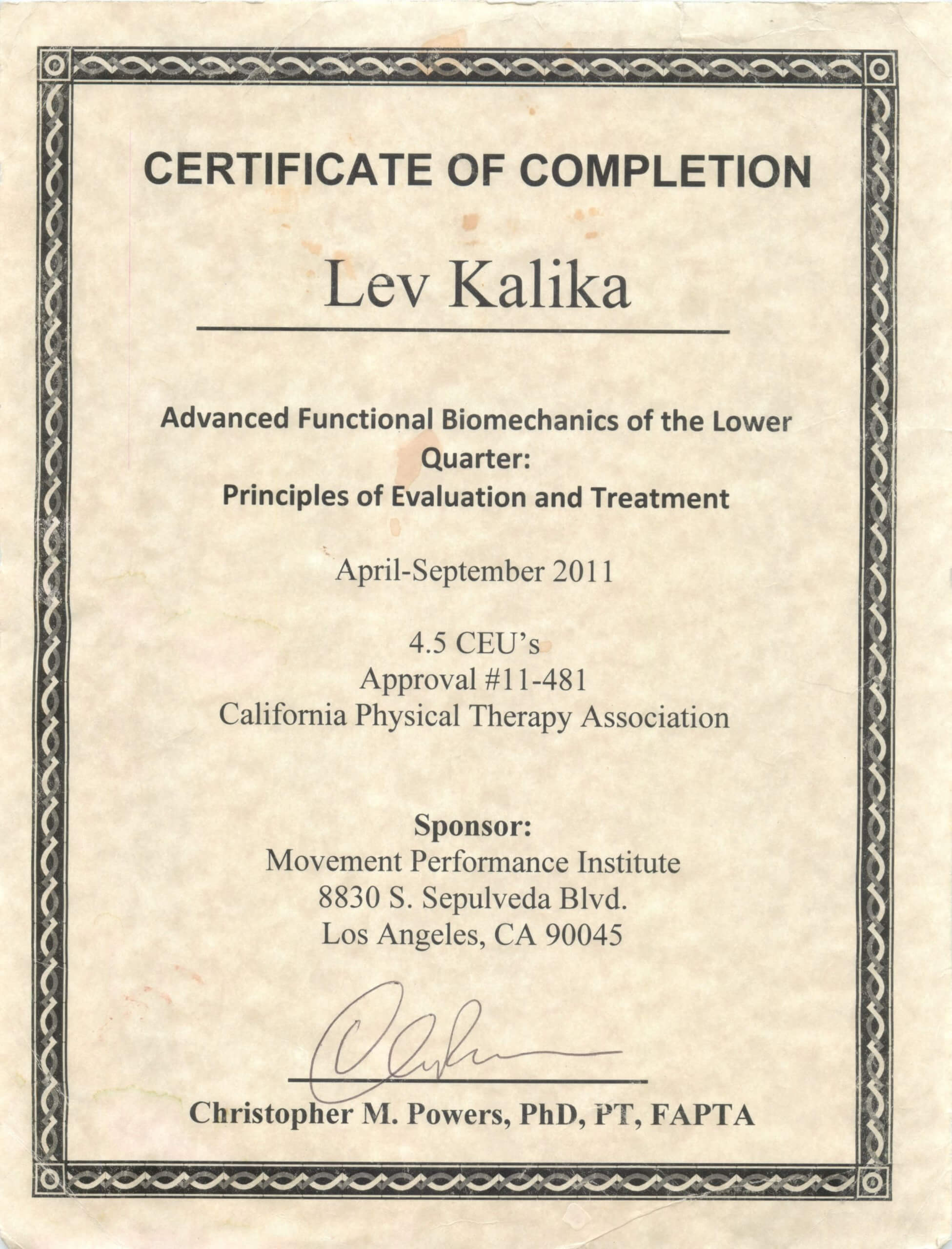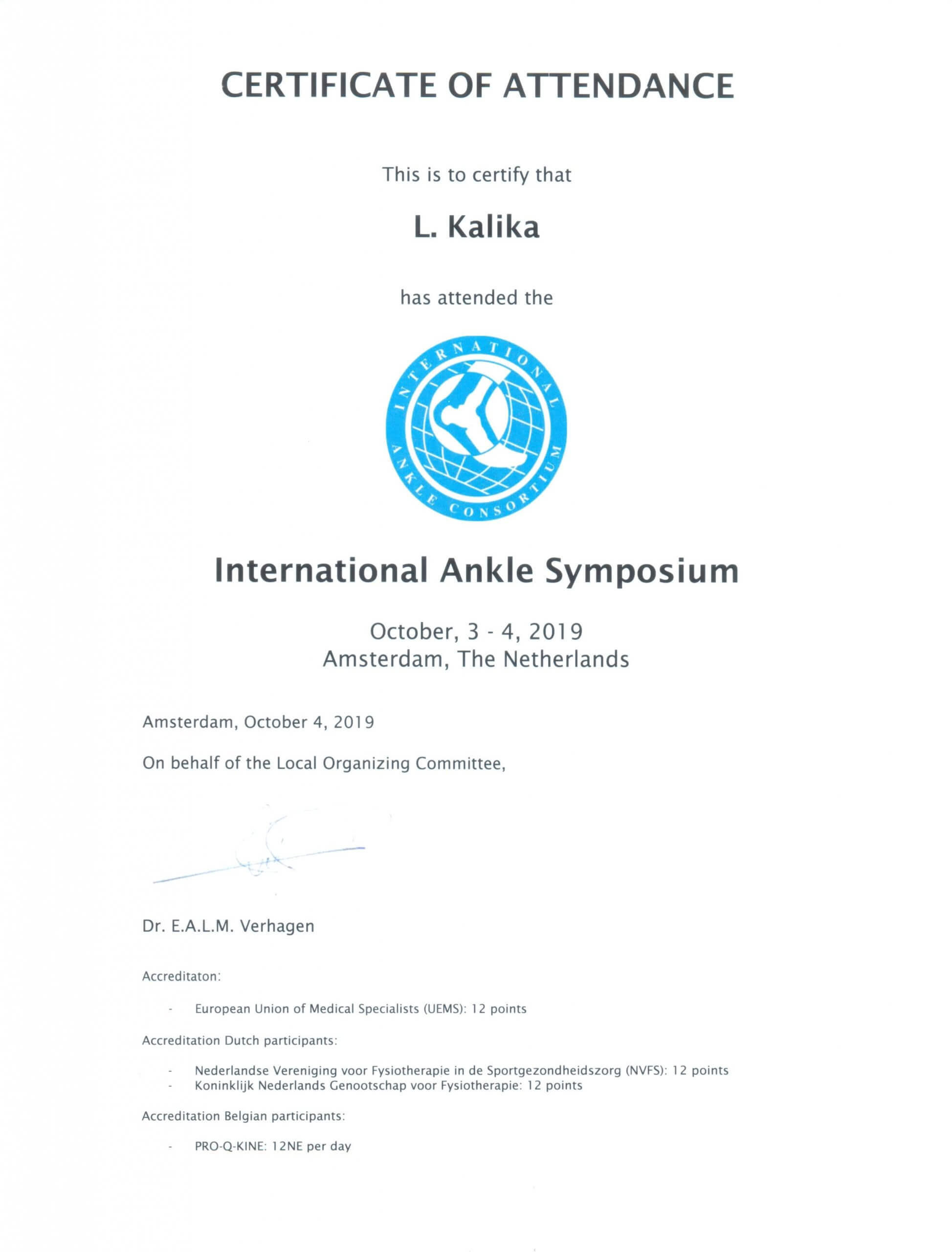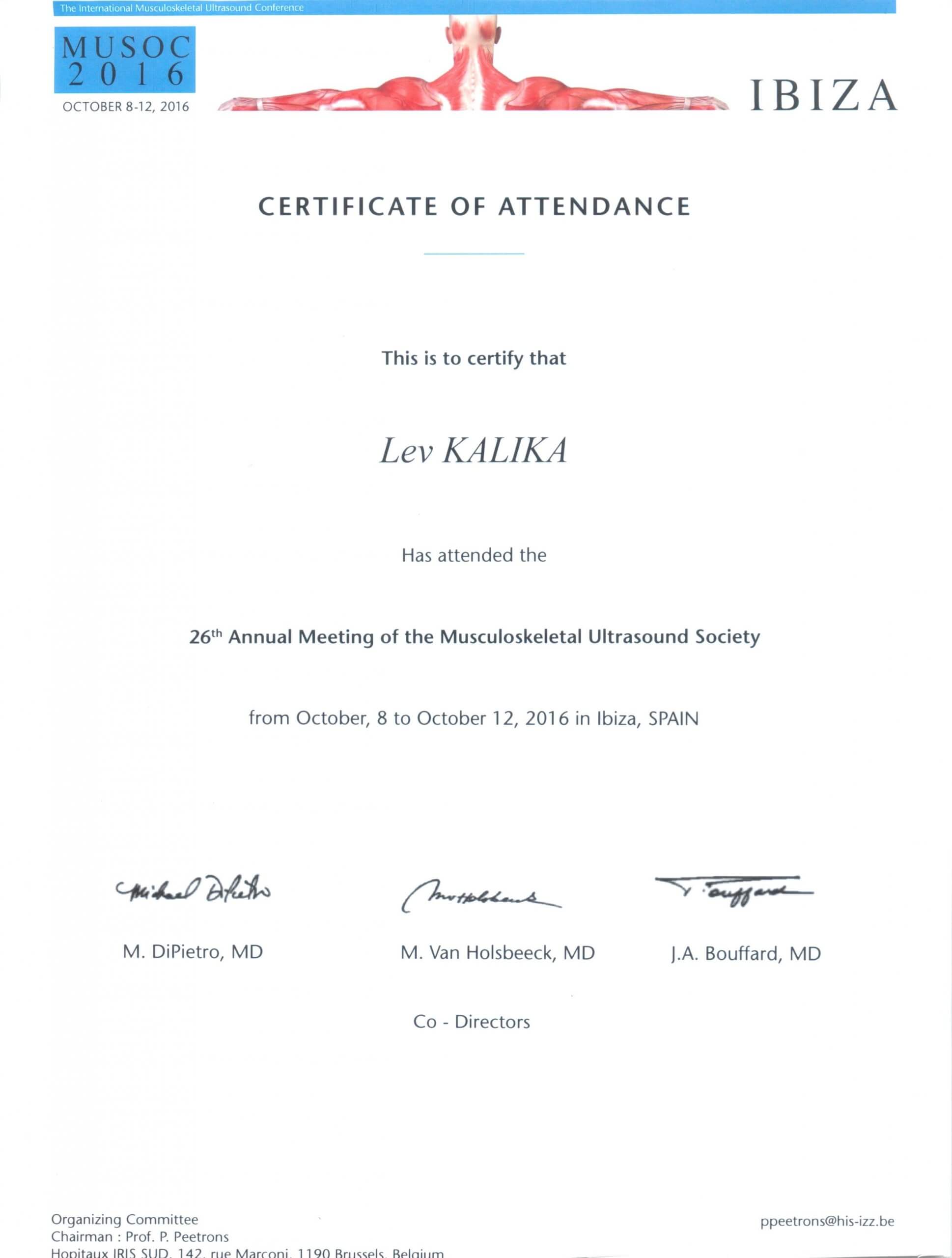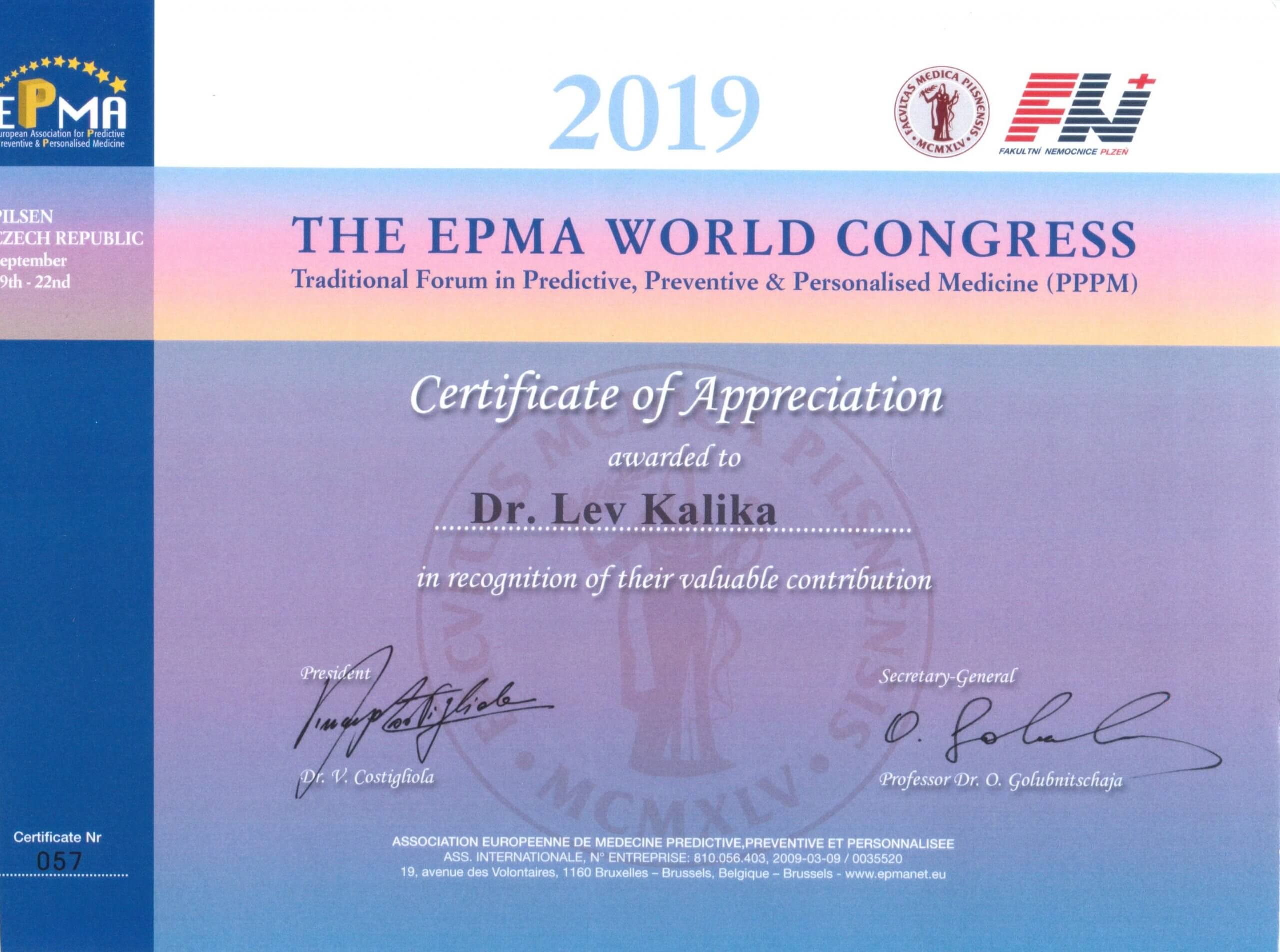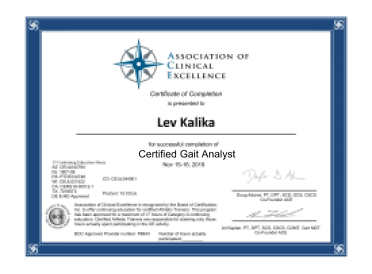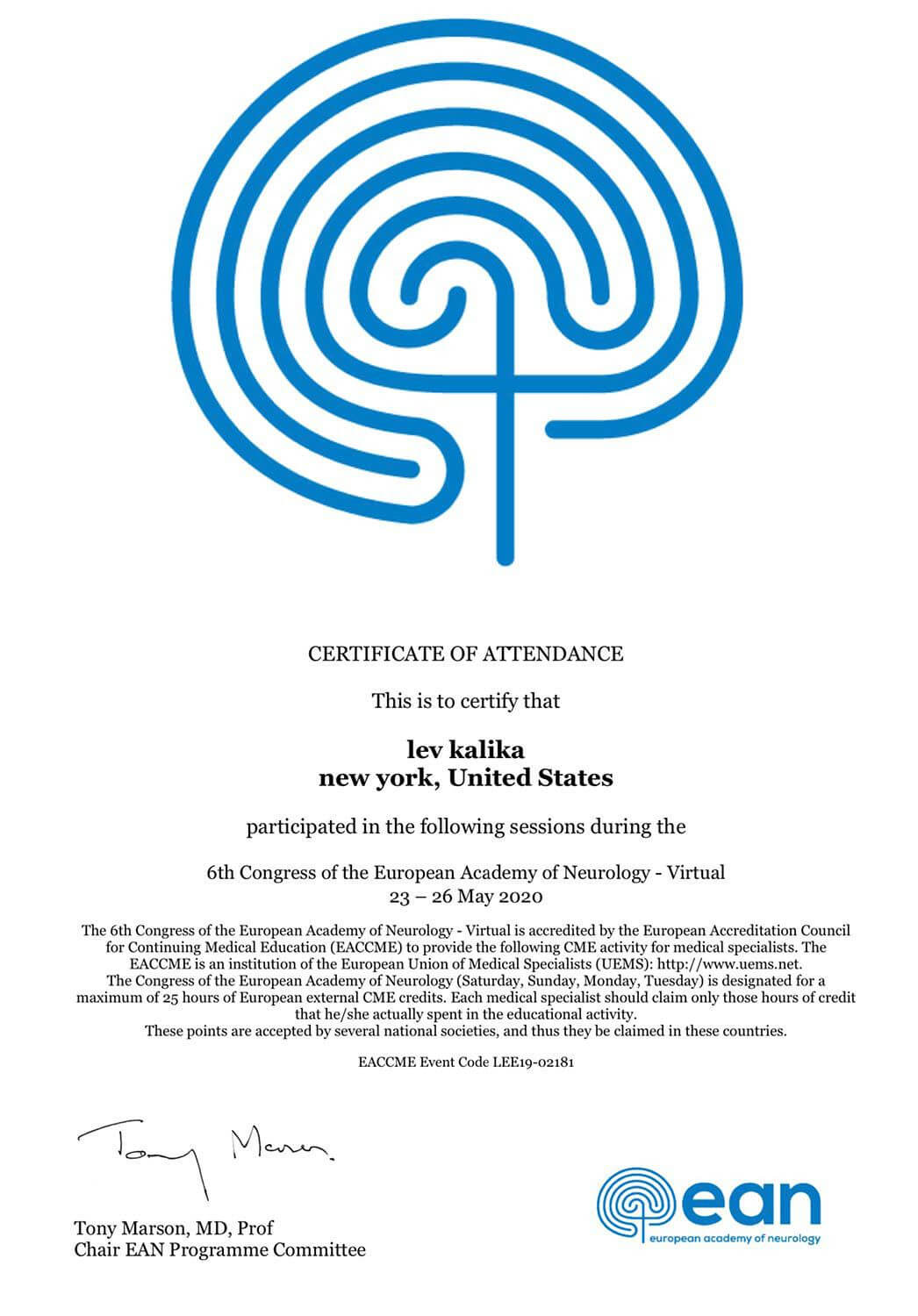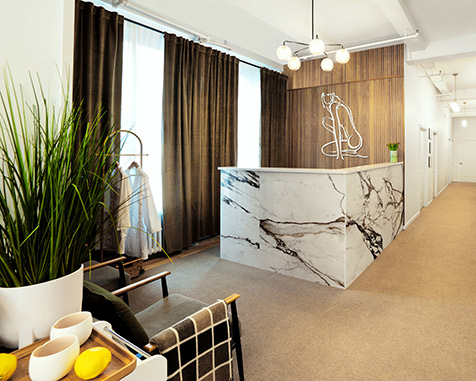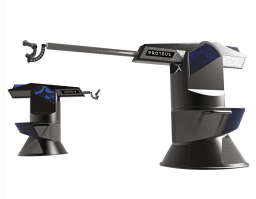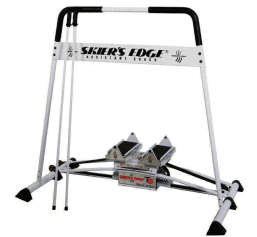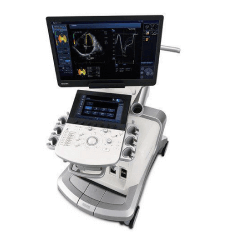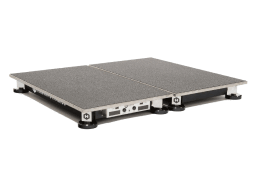Meniscal Tears
August 11, 2023
Meniscal tears are a common cause of knee pain. Typically, athletes who play contact sports, are most at risk for meniscal tears. However, anyone at any age can suffer from a torn meniscus.
A meniscus can become damaged after a lone event (acute) or it may gradually break down over a period of time due toms and treatment and also the options for meniscus tear treatment without surgery.
So, What Exactly is the Meniscus?
In the anato protect the knee from the stresses of normal daily activities like walking, running, and climbing.
The severity of a meniscal tear must be diagnosed by your healthcare provider. A tear may be ranked as minor, moderate, or severe, depending on the level of damage. The medial meniscus is more commonly torn than the lateral meniscus. The most usual location of a meniscal tear in the knee is at the posterior horn of the medial meniscus. This posterior horn of the medial meniscus is located in the back, inner side of the knee. This area is not only the usual site for acute tears, but also for degenerative tears of the meniscus, where the meniscal tissue has been worn out – this is one common cause of knee pain seen in runners.
Symptoms of Meniscal Tears
As mentioned above, medial meniscal tears are the more common types of tears when compared torn meniscal tissue that have become lodged within the joint space.
Generally, the presence of the following symptoms indicates the likelihood of a meniscal tear:
• Pain or difficulty with walking or running
• A popping sound from the knee
• Swelling or a tight feeling in the knee
• Buckling and giving way of the knee, potentially leading to falls
• Inability to its locking in place
Diagnosis of Meniscal Tears
A full assessment by a healthcare provider is necessary for the diagnosis of a meniscal tear. When a to come up with a personalized treatment plan and whether meniscus tear treatment without surgery is possible.
Treatment of Meniscal Tears
Here at New York Dynamic Neuromuscular Rehabilitation, we are prepared with the educated staff and modern technology that will help you to learn more about our treatment methods.
Treatment for medial meniscus tear injuries may begin with following the RICE method. RICE is the acronym for Rest, Ice, Compression, Elevation and is best utilized in the first 72 hours after injury. During this period in time, over the counter anti-inflammatored.
Posterior horn medial meniscus tear treatment will be geared torn meniscus treatment
Here at New York Dynamic Neuromuscular Rehabilitation, we strive to schedule an appointment.



